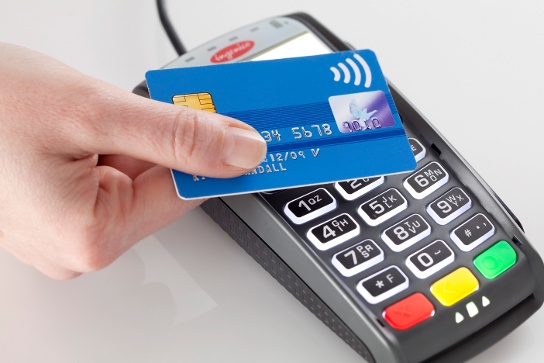Almost three in five (59%) British consumers say that not having to hand over physical cash has led to them spending more at the tills, according to new research from credit checking service, ClearScore.
72% say digital payment methods such as Apple Pay and contactless credit cards have encouraged them to make more impulse purchases, suggesting a need for more people to consciously embrace new ways to keep track of their money.
Two out of five (40%) shoppers admit that the ease of digital payment methods has caused them to lose track of their spending, with almost one quarter (24%) having missed a bill and 15% having defaulted on a loan, damaging their credit score, as a result. More than half (57%) had to cut back on their monthly spending and one in ten (10%) turned to a pay day lender. Millennials (18-34 year olds) are more than twice as likely to use mobile payments than older generations, yet they are also 20% more likely to overspend than other generations.
Technology has completely transformed the way we shop. In the UK, more than half (52%) of consumer purchases are made without hard cash. This trend towards a ‘cashless society’ has been embraced by shoppers, particularly the young, with 61% of consumers agreeing that the freedom and convenience of payments technology is a positive thing. This rises to 89% among millennials.
Justin Basini, CEO of ClearScore, said
“Without the feeling of handing over cash – the clink of coins and the rustle of bank notes – money becomes even more abstract. We can easily lose track of how much we’re spending. It means its even more important than ever to stay on top of your financial information by checking your bank balance and debt levels regularly and nurturing your credit score.â€
While technology makes it easier for people to spend, it also makes it easier for them to manage their financial information, using apps such as ClearScore to access their credit score and report. 64% of consumers agree that online services and apps make it easier for them to track and stay on top of their money.
Basini continues:
“We’ve only just begun to see how technology might transform the way we all interact with our money. I think the majority of that change is going to be very positive, giving us back control over our financial information and pushing companies to offer better products and services.â€
To help people stay on top of their financial information, ClearScore has built the free Timeline tool, available at ClearScore.com, which allows people to track their debt levels and credit score over time.
